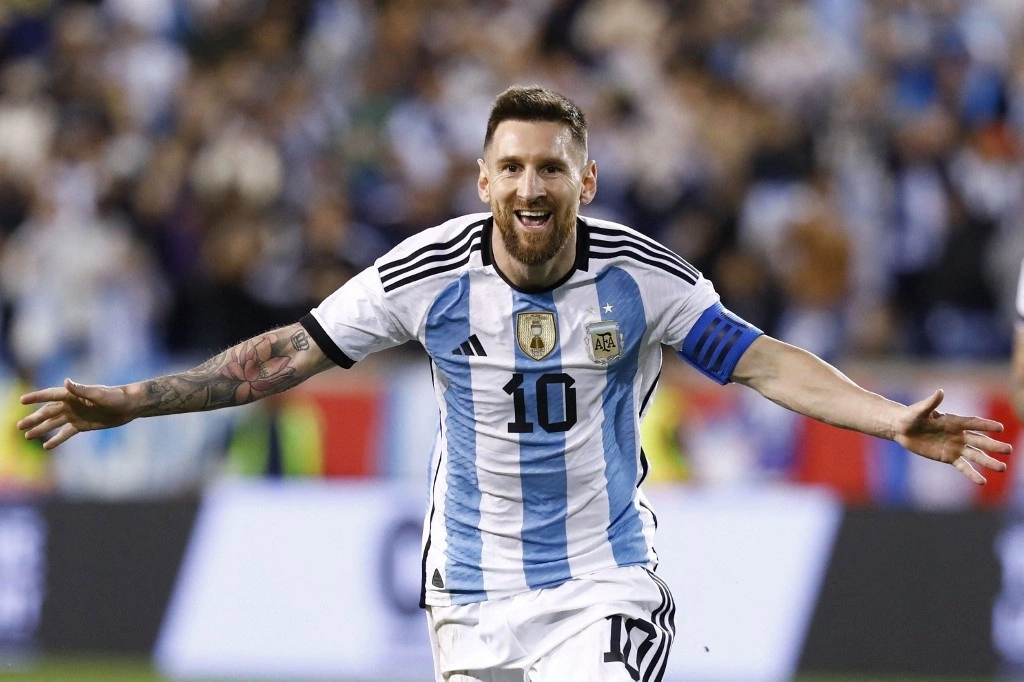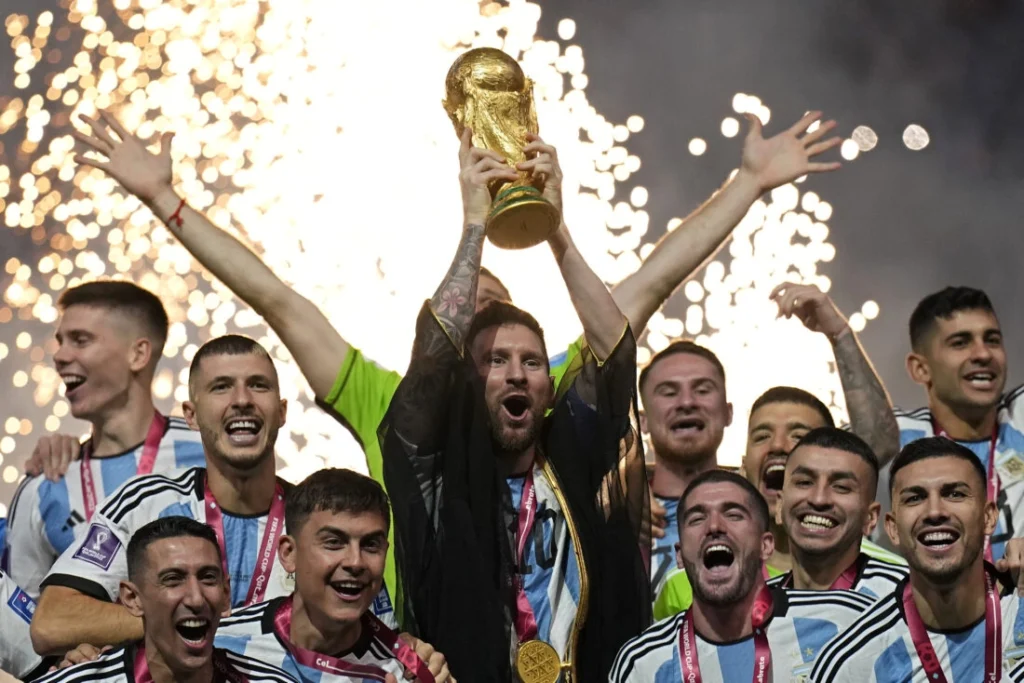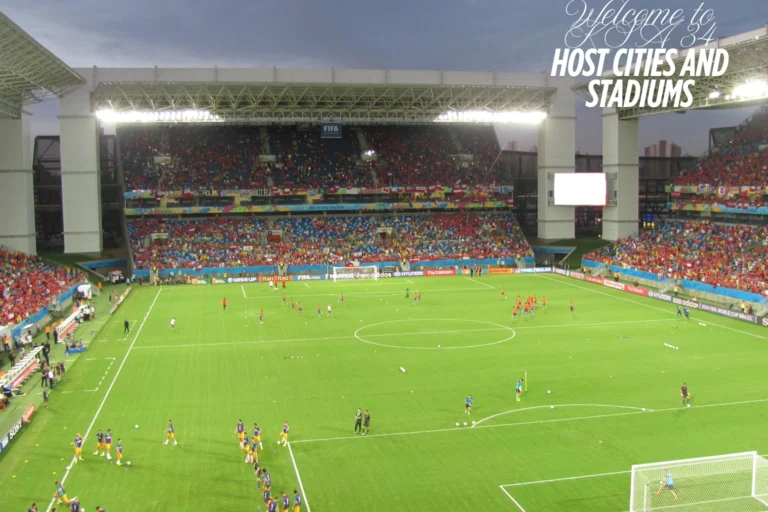Will Messi Play the 2034 World Cup?
When Lionel Messi kissed the golden FIFA World Cup trophy under the glittering lights of Qatar in December 2022, the world paused. For millions, it was not just a football victory; it was poetry, destiny fulfilled, and a lifetime’s dream realized. After 17 years of chasing the one title that eluded him, Will Messi Play had finally conquered the stage that made legends immortal.
And yet, football never stops asking questions. The new one lingers in every stadium, in every whisper between fans:
Will Lionel Messi play in the 2034 World Cup?
A Question Larger Than the Game
By 2034, Messi will be 47 years old. At first glance, the answer seems simple: no. How can a man at such an age compete with the speed, stamina, and ferocity of football’s next generation?
But Messi is not a normal man. He has always lived outside the boundaries of footballing logic. From a boy in Rosario who overcame growth hormone deficiency to a global icon who became the heartbeat of Barcelona and Argentina, his story has been about rewriting limits. So, why should we dismiss the possibility so quickly?
The Limits of Time vs. The Genius of Messi
Football is usually cruel to age. The legs tire, the lungs weaken, the recovery slows. Greats like Pelé, Maradona, Ronaldo Nazário, and Ronaldinho all said goodbye to the World Cup well before their forties. Yet, Messi’s gift has never been just about running faster—it’s about seeing what no one else can see, making decisions that others cannot even imagine, and caressing the ball as if it obeys only him.
At 47, he may not sprint like Mbappé or dribble past five defenders like he once did. But could he stand in midfield, orchestrating the game with his passes, his vision, his intelligence? Could he become the wise commander, not the warrior? Possibly yes.

History’s Whisper: Others Have Tried
Messi would not be the first to test the boundaries of age at the World Cup.
- Roger Milla danced into history for Cameroon at age 42 in the 1994 World Cup, even scoring a goal.
- Essam El-Hadary, Egypt’s legendary goalkeeper, became the oldest player in World Cup history at 45 in 2018.
- Luka Modrić and Cristiano Ronaldo are already pushing past 38, showing the world that with science, discipline, and passion, age is no longer a strict barrier.
If Milla could score at 42 in a World Cup, who is to say Messi cannot pass at 47?
Messi in 2034: Player or Symbol?
The truth is, Messi’s potential presence in the 2034 World Cup may not even be about playing every minute. Imagine Argentina’s young squad, led by a new generation of stars, but with the living legend in their locker room. Even if Messi came on for 10 minutes, or even if he sat on the bench as a mentor, his presence would lift Argentina’s spirit beyond measure.
Football is not only about physical contribution; it’s about aura, inspiration, and leadership. Having Messi’s shadow in the dressing room could be worth more than a fresh pair of legs on the field.
Messi’s Heart: The Greatest Mystery
The real question is not whether Messi can play—it is whether he wants to. After winning the Copa América in 2021 and the World Cup in 2022, Messi had nothing left to prove. He could have walked away as a king who completed his destiny. Yet, here he is, in 2025, still playing for Inter Miami, still wearing the Argentina shirt, still smiling like a boy when the ball rolls at his feet.
Messi plays because he loves the game. For him, football has never been a contract—it has always been oxygen. If that love burns as brightly in 2034 as it does today, then yes, he may lace up his boots one more time for the world to see.
The Fantasy: A Final Goodbye in 2034
Picture this. It is the summer of 2034. Argentina steps into a World Cup stadium, perhaps in Saudi Arabia or another host nation, the crowd buzzing with electricity. The announcer calls out the name that defined generations:
“Number 10… Lionel Messi.”
The stadium explodes. Children who were not even born when Messi won the 2022 World Cup chant his name. Parents tell their sons and daughters, “That is the man who taught us what beauty in football looks like.”
Even if Messi only plays a few minutes, it would not be about statistics. It would be about closure, about the bridge between past and future, about a final bow in the theater he ruled for two decades.

Reality Check: The More Likely Path
Of course, the most realistic outcome is that Messi will retire long before 2034. By then, he may be a coach, a football ambassador, or even a quiet family man in Rosario, watching the World Cup with his sons. Argentina will likely be led by new stars—perhaps another teenager destined to carry the No. 10 shirt.
But whether on the pitch or in the stands, Messi’s presence will be felt. His influence is too deep, his legacy too powerful to be absent.
Final Verdict: More Than a Player
So, will Messi play the 2034 World Cup? The answer may not lie in statistics, sports science, or predictions. The real answer is this: Messi does not need to play to be there.
His name will echo in every stadium, his highlights will inspire every child, his story will guide every young Argentinian who dares to dream. Whether he steps onto the grass or not, Messi will always be part of football’s heartbeat.
Because Messi is not just a player. Messi is football itself.







